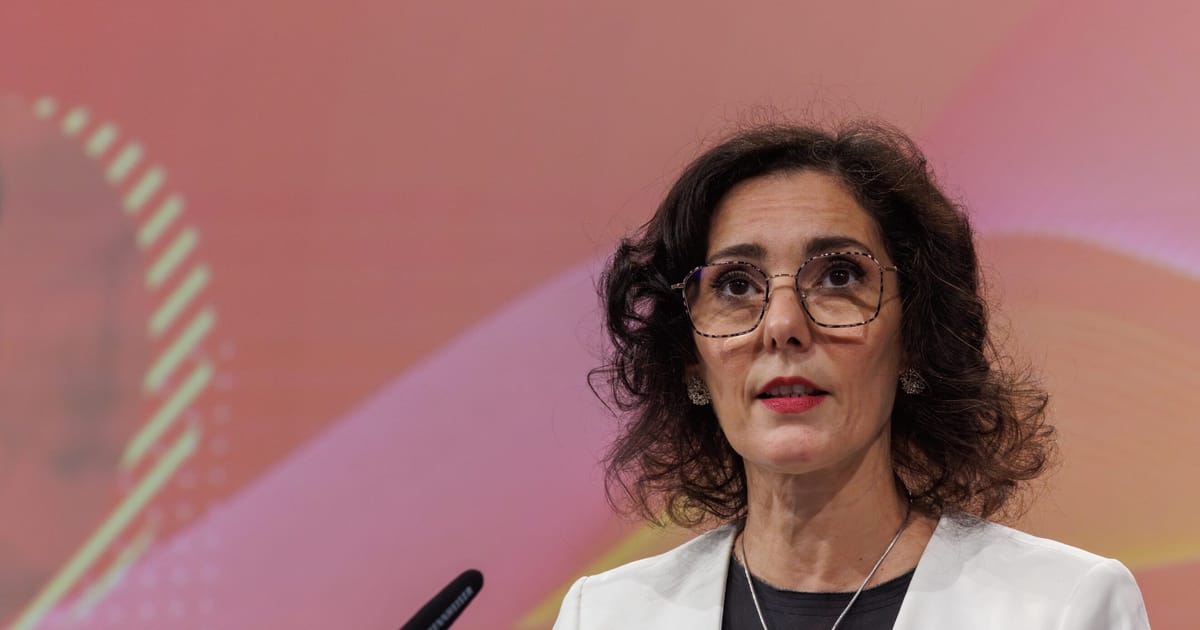

In a series of significant developments across the globe, diverse issues from workplace equality in the European Union to immigration challenges in the United States, and health funding cuts affecting AIDS prevention are surfacing, revealing the intricate tapestry of modern geopolitics and human rights. These events underscore both the complex challenges and the resilient efforts to address them, with a calm, measured perspective necessary to fully appreciate their scope and impact.
Around a dozen European Union countries alongside the European Parliament’s Committee on Women’s Rights and Gender Equality have rallied to persuade the European Commission to retain a pivotal legislative proposal that seeks to ensure equal treatment within the workplace. The proposed bill is a beacon of hope for many, aiming to eradicate discrimination based on gender, race, sexuality, nationality, disability, and religion. This effort is a message of unity and perseverance, highlighting Europe’s ongoing commitment to inclusivity and fairness in the workplace.
On another front, the United States is witnessing a legal back-and-forth regarding the deportation of eight immigrants to South Sudan. This situation, which has seen judicial interventions and rulings, reflects the complex nature of immigration policies under pressing humanitarian conditions. A federal judge has recently intervened to delay the deportations, showcasing the layers of legal processes involved in such sensitive decisions. The Supreme Court had previously authorized deportations, reinforcing government policies, yet these actions have sparked a debate on the ethical facets of deporting individuals to a war-torn nation where they have little to no connection.
Meanwhile, remarkable efforts to combat HIV/AIDS face daunting challenges following significant funding cuts by the United States to the President’s Emergency Plan for AIDS Relief (Pepfar). Winnie Byanyima, the executive director of UNAids, has voiced concern about the potential resurgence of new HIV infections and AIDS-related deaths if funding does not resume. This grim forecast serves as a reminder of how interconnected global health initiatives are and the potential human cost when support wanes. It is a stark call for global solidarity and commitment to health initiatives that aim to uplift human conditions globally.
Additionally, Tunisia is grappling with internal issues regarding the treatment of migrants from sub-Saharan Africa. The current administration, under President Kaïs Saïed, has been reportedly pushing these migrants away from urban areas, often with financial backing from the European Union. The situation has seen a crackdown on those individuals and groups showing support for the migrants, further complicating the humanitarian landscape in the region. This highlights the nuanced difficulties faced by countries dealing with migration and support for displaced persons.
These stories, woven together, depict a world at the crossroads of policy choices and human rights challenges. The narratives resonate with the collective efforts needed in fostering equity, justice, and compassion across borders. In addressing these issues, calm and mindful engagement remains essential to navigating the potential outcomes and steering them toward positive solutions. These global developments remind us of our shared responsibility to create a more inclusive, fair, and compassionate world for all.
Source: {link}
